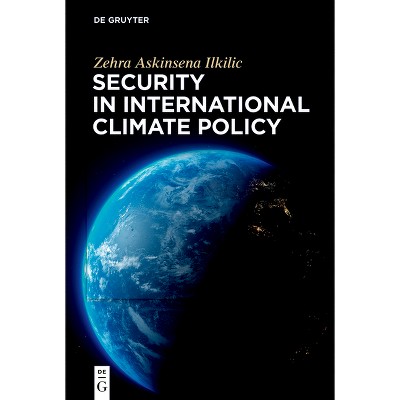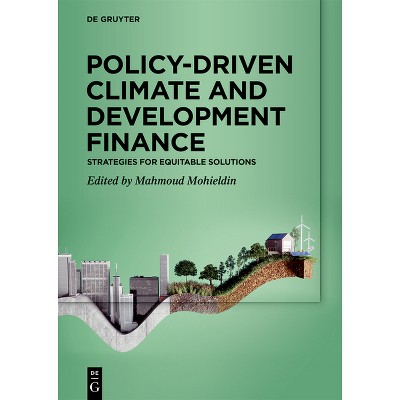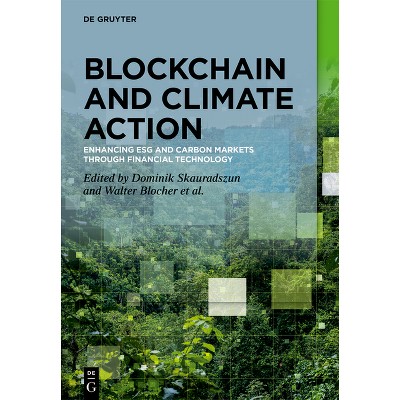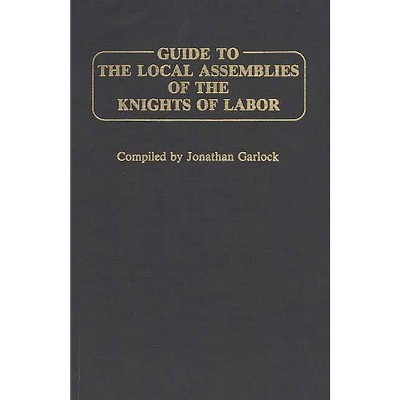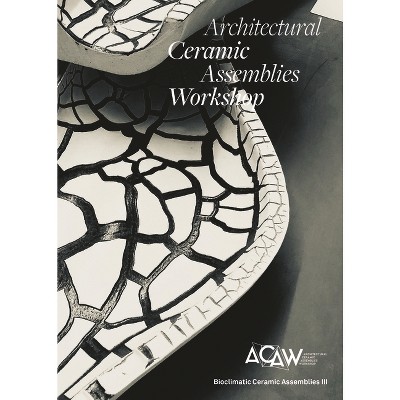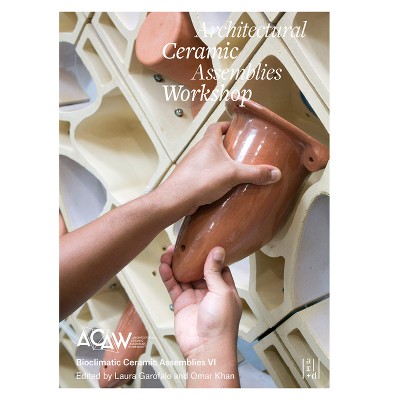Climate Assemblies - (Citizens' Assemblies and Mini-Publics) by Oliver Escobar & Stephen Elstub (Hardcover)

About this item
Highlights
- Climate Assemblies are capturing the imagination of people interested in how citizens can participate in decision-making to address the climate and ecological crisis.
- About the Author: Oliver Escobar is Professor of Public Policy and Democratic Innovation at the School of Social and Political Sciences of the University of Edinburgh.
- 200 Pages
- Political Science, Public Policy
- Series Name: Citizens' Assemblies and Mini-Publics
Description
Book Synopsis
Climate Assemblies are capturing the imagination of people interested in how citizens can participate in decision-making to address the climate and ecological crisis. Traditional institutions are struggling to cope with the challenges of a climate-changed world.
Climate Assemblies are new civic institutions that include a cross-section of the public in deliberation to influence environmental policy, governance, public discourse and collective action. With the rapid spread of this approach to public engagement, practice has developed well in advance of research. This book addresses that gap by analysing the internal and external dimensions of climate assemblies and how they interact.
It brings together 25 authors to offer novel perspectives, critical insights and practical reflections based on original research about paradigmatic cases at local, national, transnational and global levels. The book investigates the state of the field, reflects on the hope and hype about this growing phenomenon, and proposes ways to improve climate assemblies so that they can make a difference in a climate-changed world.
About the Author
Oliver Escobar is Professor of Public Policy and Democratic Innovation at the School of Social and Political Sciences of the University of Edinburgh. He co-directed What Works Scotland and combines research and practice across policy and community contexts.
Stephen Elstub is Professor of Democratic Politics, School of Geography, Politics, and Sociology, Newcastle University. He is a Fellow of the Tyndall Centre and Chair of the European Consortium of Political Research's Democratic Innovations Standing Group.






